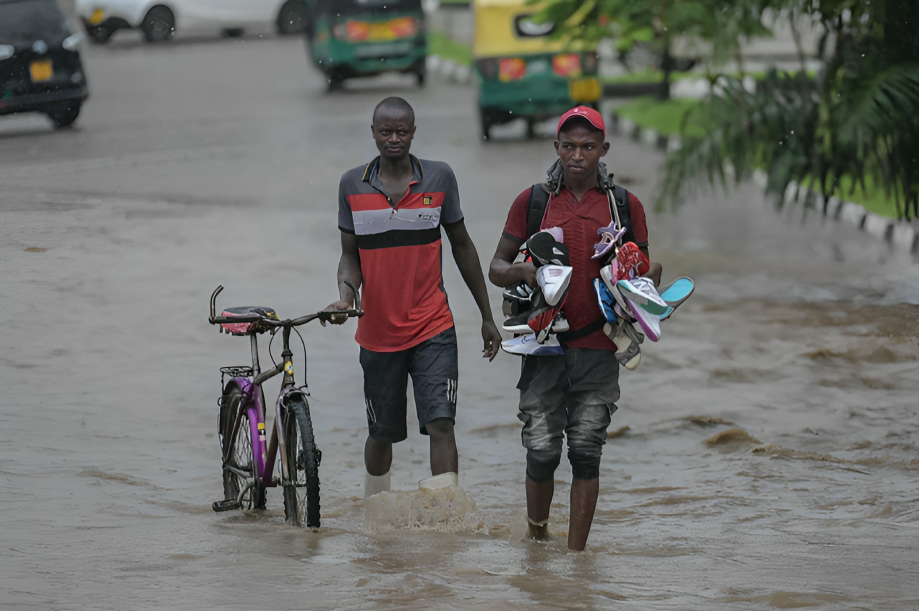A Rising Humanitarian Catastrophe in East Africa
The International Rescue Committee (IRC) issues a stark warning, highlighting the devastating impact of extreme flooding in East Africa, exacerbating an already fragile humanitarian situation and leaving millions in urgent need of assistance. Shashwat Saraf, East Africa Emergency Director at the IRC, sheds light on the dire crisis gripping vulnerable communities.
Pre-existing food insecurity has intensified.
Prior to the floods, East Africa grappled with approximately 15 million people facing severe food shortages due to prolonged droughts in Somalia, Ethiopia, and Kenya. Five consecutive failed rains resulted in widespread displacement, compounding existing food insecurity.
Floods’ Toll on Vulnerable Populations
The recent floods have further affected an additional 3.1 million people across the region, with Somalia bearing a significant burden. Widespread flooding has impacted communities in Somalia, Ethiopia, and Kenya, directly affecting 1.7 million individuals in Somalia alone.
Impact on Livestock and Agriculture
Over 1.5 million hectares of land submerged in Somalia due to flooding exacerbate agricultural challenges, leading to heightened food insecurity and significant losses in agricultural production. The rise in vector-borne diseases and emerging health risks threaten livestock, a crucial source of income for many.
Keep Reading
Immediate Need for Humanitarian Support
The floods have triggered a humanitarian crisis, demanding urgent attention and assistance from authorities. Humanitarian organizations are mobilizing resources to aid affected communities, focusing efforts on areas like Beledweyne in central Somalia, severely impacted along the Shabelle River.
Comprehensive Response and Long-Term Solutions
IRC, alongside other organizations, emphasizes the critical need for a comprehensive response addressing immediate needs such as healthcare, clean water, and shelter. Equally essential are long-term strategies aimed at community reconstruction, agricultural revival, and mitigating future climate-related disasters.

